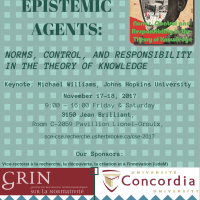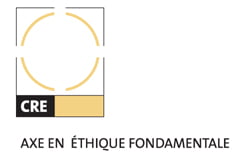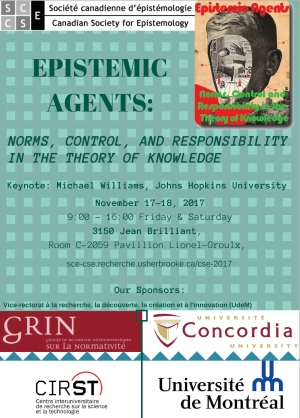
Epistemic Agents: Norms, Control and Responsibility in the Theory of Knowledge
Epistemic Agents: Norms, Control and Responsibility in the Theory of Knowledge
It is often assumed that believing, judging, and reasoning do not merely happen to us. In some sense, we seem to be active with respect to such states, events or acts. The idea of epistemic agency is widely discussed in epistemology, debates about metacognition, reasoning, and norms of rationality. At first sight, it implies that at least some of our epistemic states are brought about by some kind of voluntary and norm-governed activities, similar to struggling to retrieve a memory. After all, we seem to be responsible for our beliefs, judgments and inferences. And how can you be responsible for something that we don’t control? On reflection, however, it might also turn out to be misleading. Most notably, beliefs can hardly be deemed “voluntary” or as falling under our intentional control.
Do beliefs, judgments and inferences impose liability of any kind to the epistemic agent? Must we be in charge (in what sense?) of what we believe in order for a belief to be knowledgeable? Does believing, judging or reasoning share something important with bodily actions? Are beliefs governed by ethical norms? Are epistemic norms merely evaluative or do they underwrite deontic statements or offer guidance? These are some of the questions we’d like to discuss at this year’s annual meeting of the Canadian Epistemological Society.
KEYNOTE SPEAKER
Michael Williams (Johns Hopkins University), title TBA




